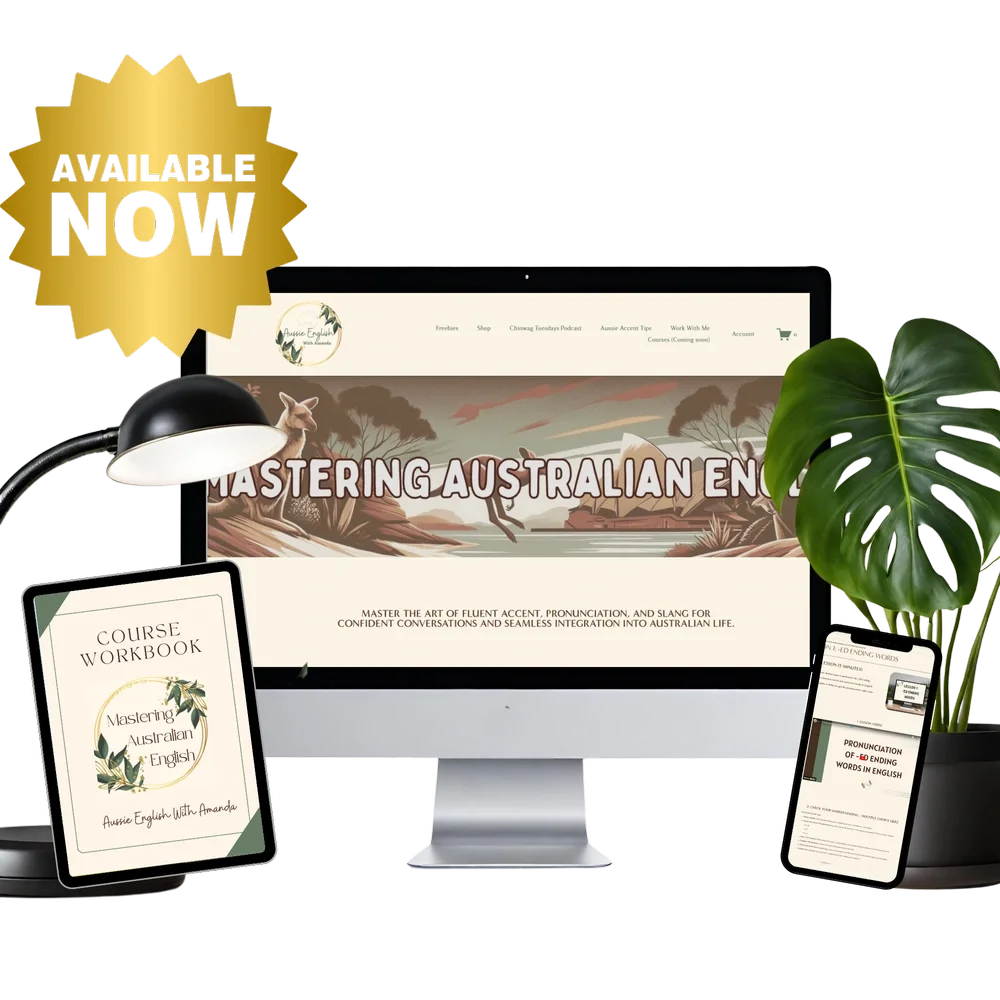The SECRET to Natural and Fluent Australian English Pronunciation!
Are You Overpronouncing English Words? The Schwa Sound Can Fix That.
If your English sounds a bit too “perfect” — but not very natural — the problem might be your vowels.
Many learners pronounce every vowel in every word clearly. But in real Aussie English, we don’t do that. Instead, we reduce vowels — especially in unstressed syllables — into one relaxed sound: the schwa.
In fact, it’s the most common vowel sound in Australian English.
But here’s the tricky part: it’s not written anywhere. You can’t see it in the spelling, and it can replace any of the five vowel letters (a, e, i, o, u). That’s why it’s one of the most confusing — yet powerful — pronunciation tools you can learn.
In this video, I’ll show you:
What the schwa sound is (and how to say it)
When to use it in multi-syllable words like banana [bəˈnaːnə] and lesson [ˈlɛsən]
How it transforms connected speech (like "Are you finished?" → [ə jə ˈfɪnɪʃt])
Why it’s the key to sounding smooth, natural, and fluent in Australian English
This little sound — just a relaxed “uh” — is everything when it comes to native-like rhythm and flow.
Watch the full lesson HERE
Want to Master Natural Aussie Pronunciation?
If you’re tired of sounding robotic — and you’re ready to sound more relaxed and confident — then check out my signature course:
Mastering Australian English
This self-paced program helps you:
Understand rhythm, stress, and vowel reduction
Use the schwa and other key vowel patterns with ease
Build smooth, flowing sentences in everyday conversation
Improve your listening skills and sound more native at work, school, or home
It’s ideal for migrants, international students, and professionals who want clear, confident English in Australia — without trying to “hide” their identity.
Enrol here → https://www.aussieenglishwithamanda.com/mastering-australian-english


